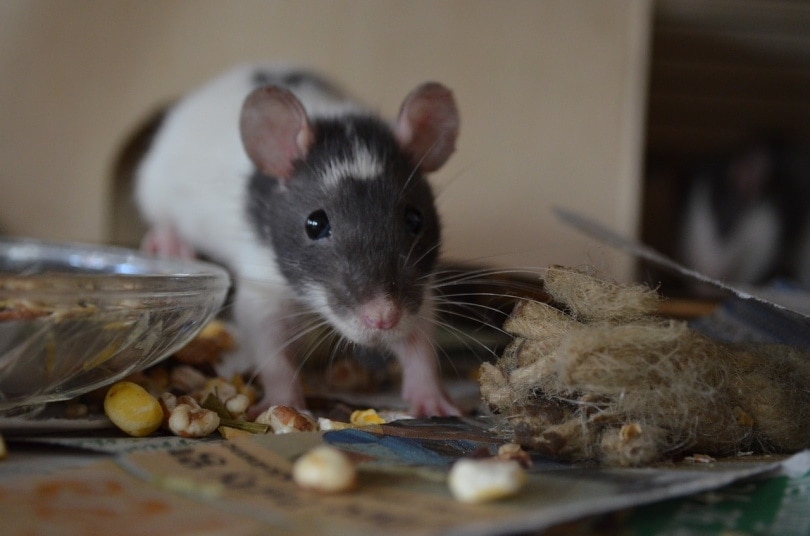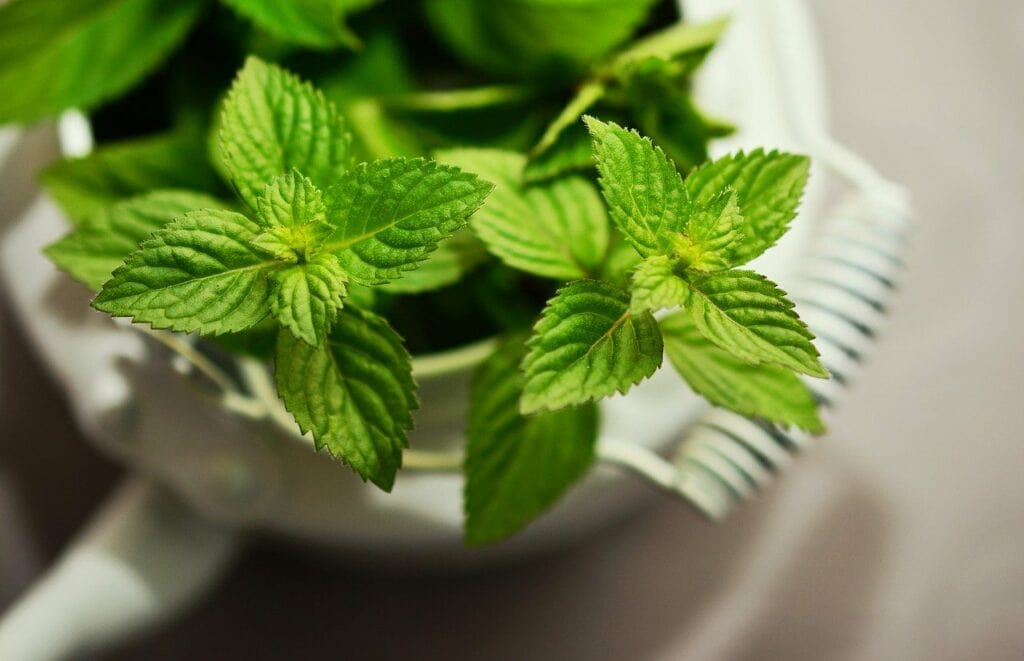How to Naturally Get Rid of Mice In Your Garden: 7 Methods That Work
-
Codee Chessher
- Last updated:

Mice are cute little critters, but in your house, they’re a distinct no-no. They can carry diseases in their saliva, blood, and waste, plus they can cause damage to the structure of your home. If you’ve found a mouse nest or just suspect mice have infiltrated your garden, we have some surefire natural solutions that can help you repel or get rid of them. Let’s check out how you can get rid of mice in the garden today.
The 7 Methods to Getting Rid of Mice In Your Garden
1. Use Peppermint Plants and Oil
Mice hate strong smells, like many animals with keen noses. Peppermint oil is one of the most pleasant scents you can use to repel mice, other rodents, and even some insect pests. Simply mix a few drops of peppermint oil into a spray bottle with water and mist your plants lightly every few days. You can also plant peppermint plants to further deter mice.

2. Use Cloves and Clove Oil
Another scent that mice hate is clove, which you can sprinkle liberally around the garden. Alternatively, you can soak some cotton balls with clove oil and put them around your garden. Combined with other methods, cloves can be a very effective deterrent for rodents.
3. Mothballs
To use mothballs to repel mice, place some mothballs in a small container with an aluminum foil lid and make some holes in the lid. Leave these containers around the perimeter of your garden and home to repel mice. These also work to repel moths and other common garden pests.

4. Ammonia
Fill some small bowls with ammonia and cover them with aluminum foil, then poke some holes in the lid. Ammonia makes mice and other small animals think a predator is nearby, so they’ll avoid the area when they smell it. Leave these bowls around your garden and other areas you suspect mice to getting rid of and keep them away.
5. Get a Cat
Tom & Jerry had it right—mice hate cats and will avoid areas that have cat scent. Allowing your cat outdoors for short periods of time or sprinkling tufts of their fur around your garden will signal to mice that a cat lives in the area. If they’re smart, they’ll vacate the area immediately. This isn’t a foolproof solution, though, and adopting an animal isn’t feasible for everyone.

6. Good Housekeeping
By cleaning up outdoors, you can drastically reduce the food supply and cover for mice. Clean up piles of loose debris like branches and leaves, keep trash in sealed cans, and keep pet dishes indoors. If you have a garage, keep it closed as often as possible to prevent mice from sneaking indoors. To keep them from coming inside, seal all the cracks on the exterior of your home, especially ones in the garden.
7. Apple Cider Vinegar
Mice hate vinegar, but it can be dangerous for your plants. To effectively use apple cider vinegar to repel mice, soak some cotton balls and leave them around the corners and perimeter of your garden and yard. Leave some near the entrances to your home, too, to be on the safe side. You can also put a tablespoon of vinegar in a water spray bottle and spray it on your sidewalks or walkways.

In Conclusion
Mice can be cute but pernicious critters, causing damage to your prized garden plants and possibly even working their way indoors. By utilizing some of the natural remedies detailed above, you can deter and repel mice and other pests from damaging your garden.
Featured Image Credit: level17-design, Pixabay
Contents
